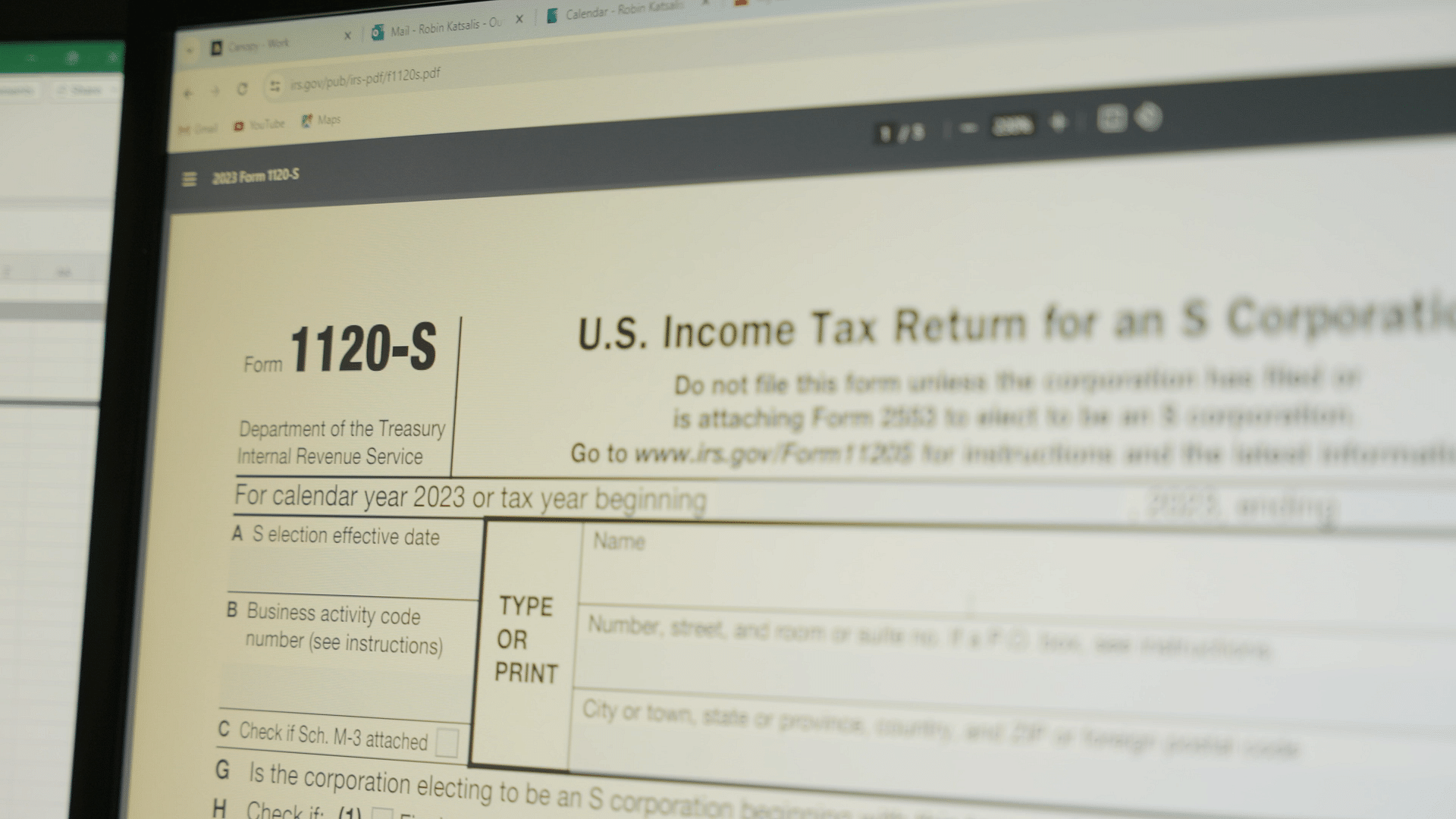
Review IRA Beneficiaries Now
May 8th, 2020
Lost in the pandemic is a tax law change that may require your attention
Lost in the media storm during the coronavirus pandemic is a law change enacted in late 2019 that eliminates an IRA withdrawal technique known as the stretch IRA. Here is what you need to know.
Time to review beneficiaries
While the chances of you having a severe reaction to the coronavirus are low, it is a reminder of the importance to review your retirement and legal documents. Key among this review should be the beneficiaries you have assigned to all your retirement accounts. This includes reviewing primary beneficiaries and establishing secondary beneficiaries on all your IRAs, 401(k)s, 403(b)s and similar accounts. But it doesn't stop there, you also need to understand and adjust beneficiaries because of new stretch IRA rules.
The old stretch IRA technique
With the stretch IRA technique, you name a younger person-say, a child or grandchild-as beneficiary of your account. When you die, this non-spouse beneficiary can stretch out receiving the balance of funds from these inherited accounts over his or her longer life expectancy. A stretch IRA could allow withdrawals to go on for decades!
In the meantime, the funds in the account continue to grow with any taxes owed being deferred until the funds are withdrawn.
Current situation
As you can imagine, the federal government wants their share of the earnings built up in these accounts. The old rules could put off the receipt of tax for another 30 years or more! Under the new rules, funds in an IRA or defined contribution plan, like a 401(k), must now be distributed to non-spousal beneficiaries within ten years of the account owner's death.
What you need to know
This rule change makes assigning beneficiaries for your retirement accounts more important than ever, but the rule does not apply in all cases. The new rules do not apply to:
- A surviving spouse.
- Disabled or chronically ill individuals.
- Individuals who are not more than ten years younger than the account owner.
- A child of the account owner who has not yet reached the age of majority.
So as you review your beneficiaries, be aware of who will be required to withdraw funds sooner using these new rules. Changing your account beneficiaries with an understanding of these new rules can provide significant tax savings.
Consider converting funds into another account type. Fortunately, you can take some of the sting out of the situation by converting a traditional IRA to a Roth IRA. Unlike a traditional IRA, Roth contributions are never tax-deductible, but payouts from a qualified Roth account are 100% tax-free. While you must pay tax on the transfer in the year of the conversion, your heir will not have to deal with getting taxed when taking funds out of the account.
In other words, your beneficiary can arrange to take tax-free withdrawals from the Roth IRA, as long as the account is emptied out within ten years. Not quite a stretch IRA, but still a good deal.
Tax efficiency becomes more important than ever. Should you pay the tax with a pre-conversion to a Roth IRA to save the hassle for your heirs? Should an heir take the money out all at once? How much should you take out of an inherited account each year? Given the progressive nature of our tax system (currently 0% to 37%), taking a planned approach can save you a bundle in tax as the funds are withdrawn. This makes creating a tax plan and reviewing it more important than ever!
In light of all the pandemic uncertainty, this is an area you can review now to not only be better prepared, but to create a strategy that can yield tremendous tax savings for you and your heirs.


Let’s Help Eliminate Your Stress
If you choose Appletree Business Services for your bookkeeping, payroll or tax needs, you’ll find that good things begin to happen in your business. Your common financial challenges will become simple with a clear map to create your ideal situation. More than that, we’ll identify your “typical” stresses and help make them go away.